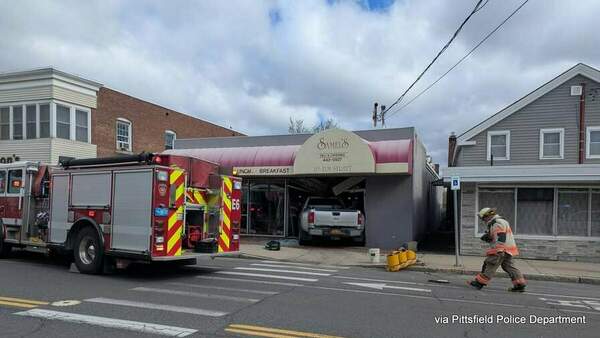FEMA Urges Public to Prepare Ahead of Hurricane Lee
- Get Emergency Alerts: Make sure to sign up to receive weather alerts in your community and stay updated on the latest weather news from the National Weather Service.
- Gather Supplies: Have enough supplies for your household. Include medication, disinfectant supplies and pet supplies. After a hurricane, you may not have access to these supplies for days or weeks.
- Don’t drive through flood waters: Almost half of all flash flood deaths happen in vehicles. When in your car, look out for flooding in low-lying areas at bridges and at highway dips. As little as 6 inches of water may cause you to lose control of your vehicle.
- Evacuating: If you are in potentially affected areas, you should be familiar with evacuation routes, have a family emergency communications plan, keep a battery-powered radio handy and have plans for your family members and pets. If you are a person with disabilities, you may need to take additional steps to plan for both your needs and that of your service animal.
- Flood insurance: Residents should review their National Flood Insurance Program policy. It can cover and reimburse certain actions residents take to minimize damage to their homes and belongings before a flood.
FEMA encourages everyone to visit www.Ready.gov or www.
Tags: hurricane,















